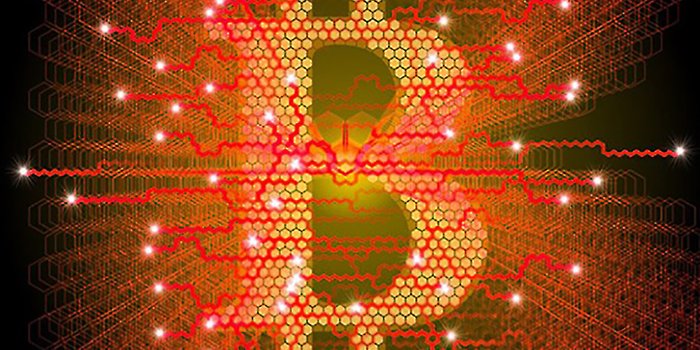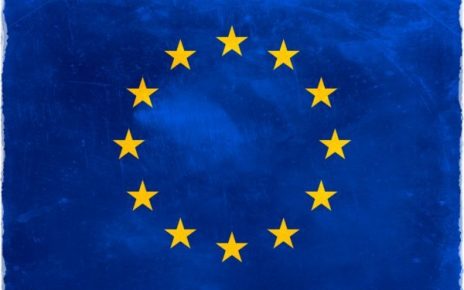A few days ago, one of the owners of bitcoin.org and bitcointalk.org known under the pseudonym Cobra, published an open letter in which he recommended changing the Proof-of-Work (PoW) algorithm of the Bitcoin network. The letter sparked a strong debate in the entire crypto community and the opinions are divided.
According to the letter, the highest quota of the hash rate in the Bitcoin network is concentrated in the hands of Bitmain, a Chinese cryptocurrency mining company and this is against the decentralized philosophy of the ecosystem: “As long as they control the majority of the hash rate, the only way to keep the network secure is the threat of a hard fork to a new PoW, but this will only work for as long the community is reasonably small and still overwhelmingly shares the same morals for a decentralized Bitcoin.”
Likewise, Cobra expressed that in a decentralized environment it should not be expected that a dominating participant in the ecosystem would behave correctly just by good faith. At the same time, he criticized the Bitmain’s practices, accusing the company of a questionable behavior against the health of the network: “The hashrate has already been abused to give political support to reckless and dangerous hard fork attempts. They have questionable allegiance to Bitcoin at best, seeming more interested in supporting Bitcoin Cash, undermining the very network that employs them.”
He further explained there was an important geopolitical risk involved since Bitmain is a Chinese company and the majority of mining power of the entire Bitcoin network is concentrated in a country whose government proved to be hostile towards the cryptocurrencies. This means that all this mining power could fall into the hands of the Chinese government in the future. Cobra assured that the Proof-of-Work offers little security if it is not distributed effectively between multiple independent participants in the network.
The use of the PoW system requires the use of specialized hardware for solving complicated riddles called hash rate. Once these riddles are solved, it is allowed to propose the next block of transactions that would be added to the blockchain network, compensating the miners with a commission established by the Bitcoin network. This process uses a mining hardware called ASIC (Application-specific integrated circuit). With more hardware power comes more processing power and that means higher compensations for the miners as well.
The main alternative for this system is known as the Proof-of-Stake (PoS). The PoS system secures the network by requesting evidence of possession of the cryptocurrency of the network. The confidence in this system does not come from the quantity of work invested, but from the quantity of the accumulated cryptocurrencies, since it is supposed that those who have the most funds are the most interested in the supervision of the network and that is why the PoS protocol compensates them by lowering the difficulty of finding blocks of transactions for these participants.
The solution proposed by Cobra consists in the adoption of a hard fork that would bring a new hybrid system, combining the PoW and PoS protocols and selecting algorithms that would be relatively easy to solve in order to avoid the use of the miners using ASIC hardware.
This way it should be more difficult for one entity to dominate the Bitcoin network, since the proposed changes would bring a kind of democratization to the mining process, because by facilitating the solving process it would not be strictly necessary to use ASIC mining hardware. This




